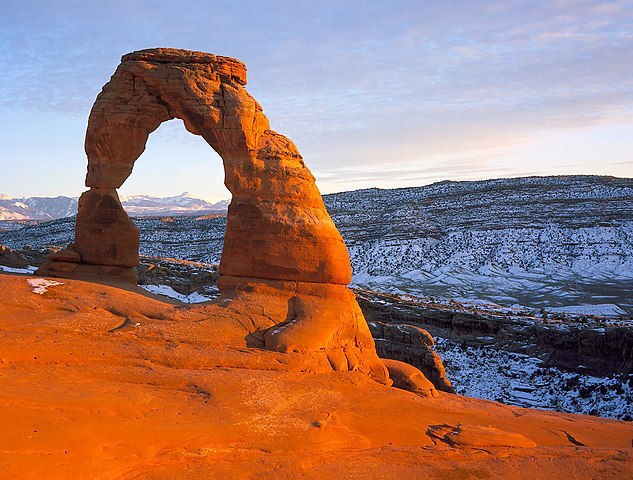Utah State University Embraces Open Access


The Utah State Today web page share the great news:
Utah State University Adopts Open Access Policy
This is the result of an effort led by the University Libraries.
“For the library and, indeed, the whole university, this is a momentous occasion,” said Richard Clement, USU’s dean of libraries. “It enables faculty authors to retain rights to their own publications and to make the fruits of their research and scholarship freely available to all.”
The new policy is available in this document link (PDF), which starts with a fresh look at the University’s Mission:
“In harmony with the institutional mission of serving the public through learning, discovery, and engagement, Utah State University is committed to the widest dissemination of employees’ scholarly articles, including utilizing new technologies to facilitate the open sharing of their scholarly articles.“
The policy empowers the University to directly engage in such dissemination by licensing the scholarly articles under Open Access terms:
“All employees during their employment with the University grant to the University a nonexclusive license to exercise any and all rights under copyright relating to each of their scholarly articles, in any medium, provided that the articles are not sold for profit, and to authorize others to do the same. These articles will also be deposited in the University’s Open Access Institutional Repository to ensure the widest possible dissemination. The nonexclusive license will be waived at the sole discretion of the author and will be administered on behalf of the Provost’s Office by the Library.”
and the policy is not limited to scientific articles, it include other valuable intellectual works:
“The Merrill-Cazier Library Scholarly Communications Office is responsible for the coordination of the Institutional Repository to provide open access to scholarly works, research, reports, publications, and courses produced by Utah State University faculty, staff, students, and others.”
 (Utah Landscape from Wikipedia, image in the Public Domain, thanks to National Park Service)
(Utah Landscape from Wikipedia, image in the Public Domain, thanks to National Park Service)
The University provides rock solid instructions on how to manage the publication process in practice:
- Read the copyright agreement your publisher has asked you to sign. Most publishers require you to transfer some, if not all, of your copyright to your scholarly works. However, this might prevent your work from reaching its widest possible audience.
- If the publisher expects you to surrender your copyright, inform them that you have a prior agreement with USU, under which both you and the University have the right to ensure that your work reaches its widest possible audience. This will be accomplished primarily through deposit in the University’s Open Access Institutional Repository. Moreover, this agreement secures your right to post your article on your personal website, create derivative works, share it with students and colleagues, etc.
More from the news page:
“This policy reflects the university’s support of and efforts to utilize new technologies to share its research and scholarship with the citizens of Utah and beyond,” Albrecht said. “I commend University Libraries for leading the way in this initiative and for providing the support that will be necessary for its implementation.”
“In adopting the policy, Utah State joins the ranks of universities that include Harvard, Princeton, MIT, Duke University and the University of Kansas, among others. Utah State is among the leaders in public universities in this effort and is the first university in Utah to formally adopt a policy.”
“Currently, many of the journal articles written by USU researchers, as well as their colleagues across the country, are published behind expensive price barriers,” said Andrew Wesolek, scholarly communications librarian for University Libraries.
 (Utah Landscape, from Wikipedia, image under CC BY License)
(Utah Landscape, from Wikipedia, image under CC BY License)
and a closes with an enlightened remark:
“This policy is part of what it means to be a land-grant institution in the 21st century,” Clement said. “By helping faculty members retain the copyright to their articles, we are ensuring that the people of Utah have access to the results of research conducted at one of their major publicly funded institutions.”
Kudoz to Utah State University!

